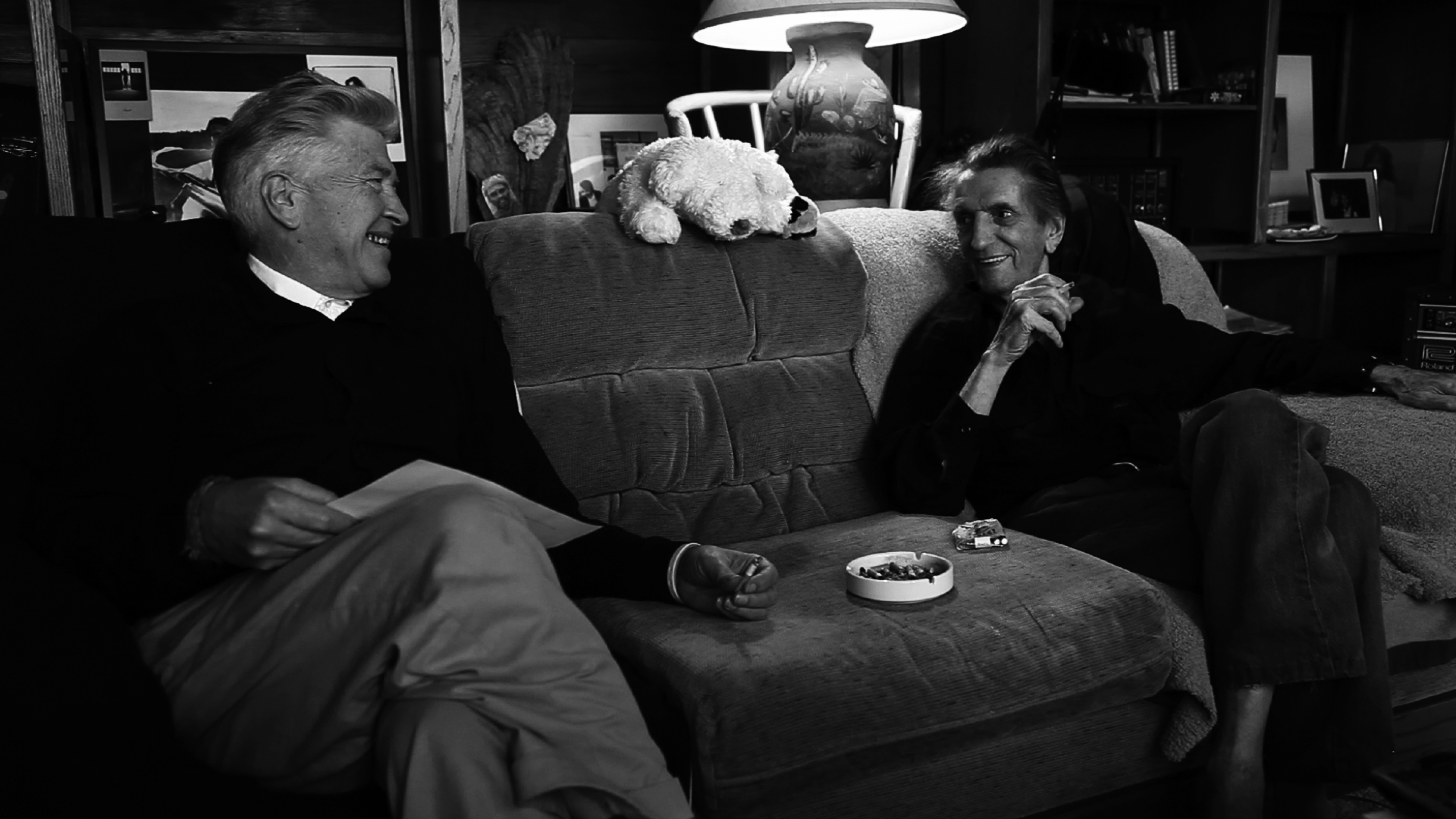Harry Dean Stanton:
Partly Fiction
Runs Fri., Nov. 8–Thurs., Nov. 14 at Northwest Film Forum. Not rated. 77 minutes.
Harry Dean Stanton does not want to talk about himself. This might stop many potential documentary filmmakers from attempting a profile of the weathered actor, now 87. But director Sophie Huber tried anyway; and if the movie fails to give us much factual information about its subject, it certainly captures the aura that surrounds him. We do learn that Stanton was born in Kentucky, did military service, roomed with Jack Nicholson for a while, and has never been married. He lets a few things slip, including the tidbit “She left me for Tom Cruise”—somehow one of those sentences you never expected to hear from the mouth of a character actor this unglamorous. (The ex-girlfriend in question was Rebecca De Mornay, who lived with Stanton before she met Cruise on the set of Risky Business.)
One thing Stanton does like to do is sing, and the movie is strung together with craftily crooned numbers from the country-folk songbook. Stanton’s baritone has frayed a little with age (you might remember him serenading the jailhouse in Cool Hand Luke), but he really understands singing. His old buddy Kris Kristofferson might be on to something when he suggests that music is Stanton’s true passion. Kristofferson rolls by for an interview and a song, and we also hear from Deborah Harry, David Lynch, and Wim Wenders and Sam Shepard (whose Paris, Texas collaboration gave Stanton an unprecedented lead role). The interviews and music are mixed with film clips and smudgy shots of driving around. We also tag along as Stanton gets half-looped on cranberry juice and tequila at his favorite L.A. watering hole.
This barely adds up to a movie, but it is a mood: a sad song playing on the jukebox, the bartender making his last call. For such an accomplished and much-admired actor, Stanton is insecure, and this—rather than privacy—seems to be the reason for his reluctance to talk about himself. One wishes for something as memorable as his Repo Man credo, but no such luck. The most he’s got is a Buddhist-ish idea about “nothing” as the center of himself. His elusive manner, his apparent wish to vanish before our eyes, suggests he might be right.
film@seattleweekly.com







